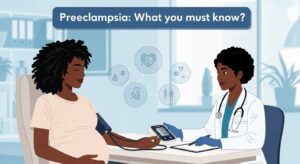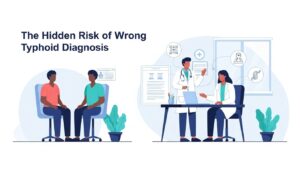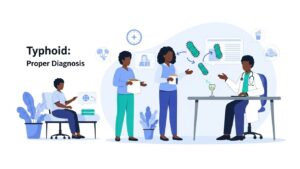In recent years, there has been a growing trend among women in modern societies to delay childbearing until their late 30s and early 40s. This shift can be attributed to various factors, such as increased education, career goals, and the misconception that in vitro fertilisation (IVF) can compensate for the natural decline in fertility with ageing. However, advanced maternal age (AMA), defined as pregnancy in women over the age of 35, is associated with a decline in both ovarian reserve and oocyte competence.
Despite the challenges, IVF remains a viable option for older women who wish to become mothers. Advancements in reproductive technology, such as preimplantation genetic testing for embryos (PGTA), have significantly improved the chances of live births for women of AMA. PGTA helps ensure the transfer of genetically healthy embryos, thereby lowering the risk of birth defects.
Risks Associated with Advanced Maternal Age
While IVF has made it possible for older women to conceive, it is essential to understand the potential risks associated with AMA. Some of the major risks include:
- Chromosomal abnormalities and birth defects
- Premature birth, stillbirth, and miscarriages
- Low birth weight
- Labour complications and Caesarean delivery
- Multiple pregnancies such as twins and triplets
- Preeclampsia (high blood pressure in pregnancy)
- Gestational diabetes
With advanced maternal age, the risks of complications increase, and proper care and monitoring during pregnancy are crucial. Women undergoing IVF with donor oocytes are not at increased risk for complications compared to women of advanced maternal age using their own eggs.
Overcoming the Challenges
To overcome the challenges associated with AMA, various therapeutic approaches can be offered to women, such as:
- Oocyte cryopreservation for fertility preservation or “social freezing”
- Personalized controlled ovarian stimulation to maximise the exploitation of the ovarian reserve in each patient
- Enhancement of embryo selection via blastocyststage preimplantation genetic testing for aneuploidies and frozen single embryo transfer
- Oocyte donation in case of minimal or no residual chance of pregnancy
Emerging experimental therapeutic approaches, such as spindlechromosomal complex transfer, pronuclear transfer, and chromosome therapy, are also being explored to attempt restoring maternal reproductive potential.
Conclusion
While advanced maternal age presents challenges, IVF remains a viable option for older women who wish to become mothers. By understanding the risks associated with AMA and exploring the available therapeutic approaches, women can make informed decisions about their reproductive choices. It is essential to consult with a fertility specialist to develop a personalised treatment plan that addresses the unique needs and circumstances of each patient.
Contact Well-Life Hospital
At Well-Life Hospital, a renowned infertility treatment centre located at No. 12 Atbara Street, Wuse 2, Abuja, FCT, we are dedicated to providing compassionate and comprehensive care to help you on your journey to parenthood. To learn more about our IVF services and to book a consultation, visit our website or contact us today.
- Website: welllifehospital.com
- Instagram: @welllifehospital
- Facebook: Well Life Hospital
- Twitter: @Well_Life_H
- TikTok: @welllifehospital
- YouTube: Well Life Hospital
- Mobile : +234 906 000 4314
… Your wellbeing is our goal.






